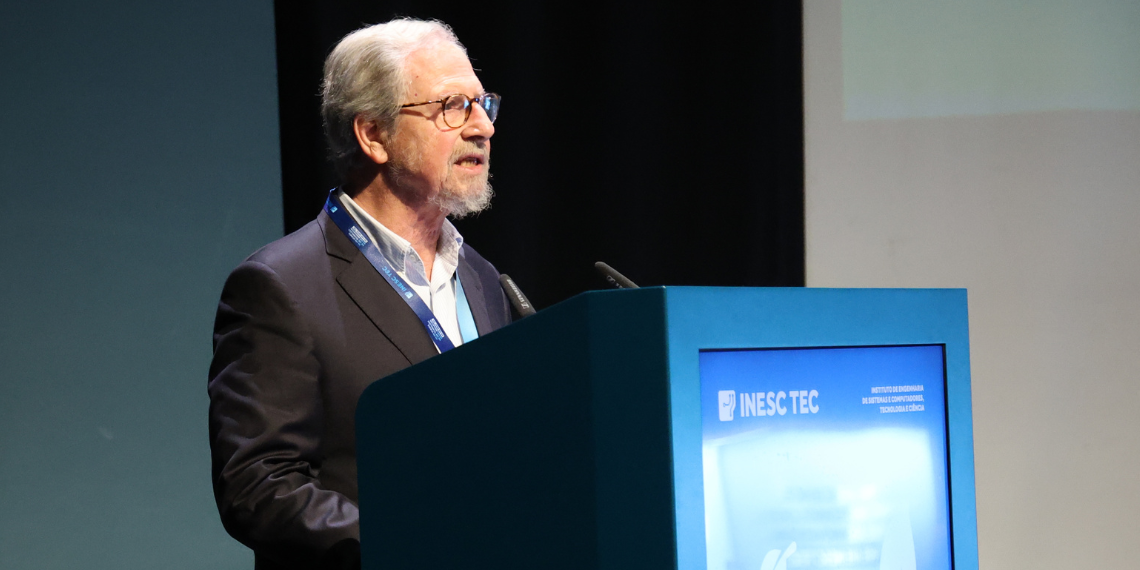The INESC TEC Autumn Forum held its 9th edition this year.
It is always challenging to find, year after year, a current and important topic – preferably one that hasn’t been repeated – that can mobilise a significant audience and for which we can find institutions and, above all, individuals capable of presenting and discussing the issues so that, at the end, we can be more aware, informed, and knowledgeable.
The Forum is primarily outward-looking, seeking to engage with society to discuss relevant questions and the role science and technology can play to address them
This year’s theme was critical infrastructures, their security, and resilience. I would say it was an almost unmissable topic, at a time when wars, terrorism, and natural phenomena – namely those triggered by global warming – confront us daily with truly often with terrifying depictions and images.
In this corner of Europe, we have been reasonably immune to these phenomena, but this should not lead us to complacency. Critical infrastructures, on which we depend for the supply of energy, water, food, and communications – whether digital or physical, road, rail, or aviation – could simply collapse.
What we see in Gaza, Ukraine, or Valencia, the disruption of IT systems by increasingly bold and powerful hackers, might not be as distant as it may seem. Let me remind you that, in late November 1967, according to estimates by IPMA (Portuguese institute for sea and atmosphere), the rain that fell on Lisbon killed around 700 people – although the Salazar regime concealed this, reporting only 250 fatalities – and resulted in “thousands of displaced persons, destroyed roads, flooded fields, and submerged villages, among other serious damages.” Nowadays, the damages would probably not be as extensive, but they would undoubtedly still be severe, and, above all, we should remember that such events could happen again.
That said, I believe that this year’s Forum brought together the right guests – from the two keynote speakers to the participants in the two panels and their respective moderators, and finally to the closing session, where we were given an excellent summary of the event and a though-provoking and clear closing speech by our Chairman.
Throughout the day, we started by hearing a description of the complexity of the UK’s power grid and how security issues have been addressed. Then, turning to the national perspective, we also understood that the institutions involved, their representatives, and leaders are aware of the importance of what they oversee. The measures taken generally point towards having safer and more robust systems, though the feeling remains that better coordination and, evidently, more investment are still needed.
Now, it’s time for us to start thinking about next year’s theme, especially as the 10th edition of the Forum will coincide with the 40th anniversary of INESC in Porto. I would like to invite all INESC TEC members to submit their suggestions.
By Pedro Guedes de Oliveira, Member of the Executive Committee of the Board of INESC


 News, current topics, curiosities and so much more about INESC TEC and its community!
News, current topics, curiosities and so much more about INESC TEC and its community!